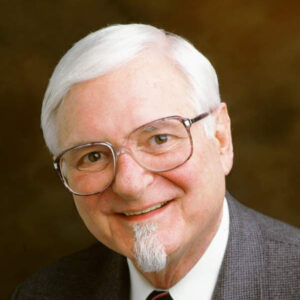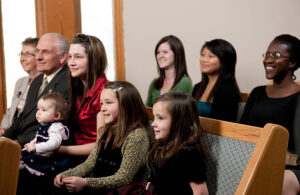Pluralism and the Modern Preacher
Pluralism and the Modern Preacher
We are considering what we can learn from advertisers that will help us preach more effectively. We looked at the challenge of preaching to people entrenched in a postmodern perspective. And we reflected on how the world has changed in the past 20 to 30 years. Thousands of messages bombard people daily. We develope a filter to keep out messages and ideas that they don’t consider relevant to us. In this post we continue to look at what we can learn from advertising as we consider the relationship between pluralism and the modern preacher and his/her effectiveness.
What Is Pluralism?
 As I write this blog, I’m remembering a lecture by Peter Wagner, one of my professors in the doctoral program at Fuller Seminary. He was lecturing about doing a survey of an area where you are ministering or planning to plant a church. One of the things he said sticks with me yet today. He said that the idea of America being a melting pot is a myth. The idea of the melting pot is that various ethnic groups would come to the United States, and then the groups would gradually “melt” in one amorphous blob. That, he said, never really happened. Ethnic groups would stay to themselves in an area. And even when the groups would begin to become more and more a part of the general population, there still would be a vast number of differences.
As I write this blog, I’m remembering a lecture by Peter Wagner, one of my professors in the doctoral program at Fuller Seminary. He was lecturing about doing a survey of an area where you are ministering or planning to plant a church. One of the things he said sticks with me yet today. He said that the idea of America being a melting pot is a myth. The idea of the melting pot is that various ethnic groups would come to the United States, and then the groups would gradually “melt” in one amorphous blob. That, he said, never really happened. Ethnic groups would stay to themselves in an area. And even when the groups would begin to become more and more a part of the general population, there still would be a vast number of differences.
Pluralism and the Advertiser
This is the way the authors of Preaching and the Thirty-second commercial put it:
The “melting pot” was reductionistic, taking the diversity of our population and creating one common stew whose recipe was determined primarily by white, heterosexual cisgender, Christian men. However, the intersecting civil rights movement, multiple waves of feminism, sexual revolution, rising in immigration from non-Christian countries, and globalization have replaced the “common” with “particulars”. Instead of a shared culture we have numerous overlapping yet dividing subcultures. At times we as a culture celebrate such diversity, and at other the pluralism leads to intense conflict. Effective communication is difficult in such a context. (Location 112, Kindle edition)
In other words, for advertisers, “one size fits all” no longer works. Rather, commercials need to focus on the differences as much as the similarities in the audience.
How Pluralism Impacts the Modern Preacher
Imagine now pluralism and the modern preacher presenting to a congregation. Most of the time I think we have looked out at our congregation and imagined it to be homogenous, all with similar values and ideas. But that is just not accurate anymore. Think of the ways this truth impacts what you preach. What does this mean for:
- The teenager who is struggling with sexual identify;
- The MAGA person in your audience (for those of you outside the USA, this is a reference to followers of Donald Trump);
- The political liberal sitting next to the MAGA person;
- The homosexual who is wondering if he/she will ever be accepted in Christian circles;
- The man in his 70’s who has faithfully served in the church since retirement a dozen years ago;
And you can continue the list with the many ways that the people in your church are different.
Advertisers spend millions doing research on their audience so that they can break through the filter of their audience to make their message relevant. You don’t have that opportunity. So what can you do?
The Modern Preacher Thinks In Terms of Pluralism

A diverse church congregation worshipping together – Buy credits
You can’t spend millions on advertising, but there are some things you can do:
- Research your congregation. No, you can’t spend thousands of dollars on professional surveys, but you can get to know your congregation. Sit with them over coffee or a meal. Listen, listen, listen.
- Research your community. Your local Better Business Bureau (if you are in the US) will have tons of information about your local community. Learn what drives people where you live.
- Consider with each message how it will impact your listeners.
- Remember that you are preaching the Gospel–the most important message in the world.
Conclusion
Pluralism and the modern preacher can go together well. It will take some work on your part, yes. But the results will be people being impacted by good news as the Holy Spirit does His work.



